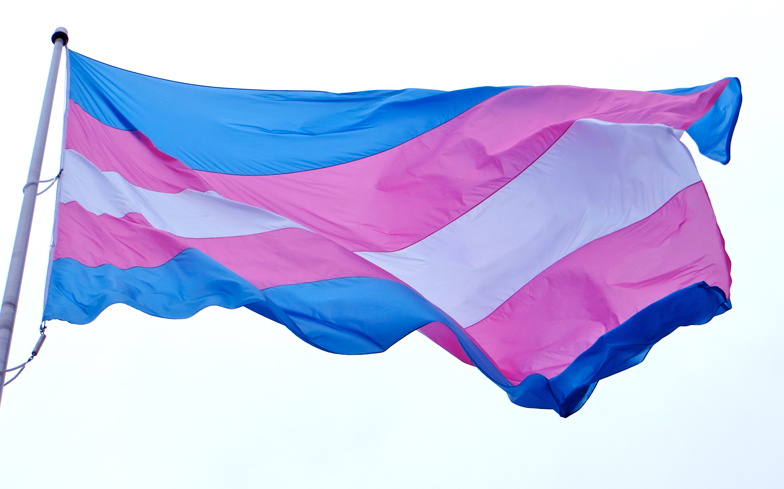Kuwait’s constitutional court has struck down an anti-trans law under the belief it imposed on the “personal freedom” of trans individuals.
The law, more commonly known as Article 198, persecuted trans people for the “imitation of the opposite sex”.
However, the court’s new ruling marks a progressive move for the Arab country. Kuwait’s constitutional court declared the punishment of those whose appearance did not match their presumed gender was “inconsistent with the constitution’s keenness to ensure and preserve personal freedom”.
Previously, transgender people would experience discrimination and were detained at security checkpoints by police after having their gender documentation checked, the New York Times reports.
The Kuwait law sets a maximum punishment for cross-dressing at one-year in prison or a fine of $3,300 as reported by ABC News.
Lynn Maalouf, Amnesty International’s Middle East and North Africa Deputy Director issued a statement in response to the news of the bill.
“The Kuwaiti Constitutional Court’s decision to overturn Article 198 of the Penal Code is a welcome development and a major breakthrough for transgender rights in the region. Article 198 was deeply discriminatory, overly vague and never should have been accepted into law in the first place,” Maalouf said/
“The Kuwaiti authorities must now ensure that Article 198 is repealed in its entirety. They must also immediately halt arbitrary arrests of transgender people and drop all charges and convictions brought against them under this transphobic law.
“All those unjustly imprisoned under Article 198 must now be released. The authorities must also investigate all allegations of torture by security forces and install an independent mechanism for monitoring police behaviour.”
🎉 Kuwait has overturned a law that criminalizes ‘imitation of the opposite sex’. This is a major breakthrough for trans rights in the region.
All those unjustly imprisoned under the law must now be released 🏳️🌈✊https://t.co/gD1q2TKxm3
— Amnesty International (@amnesty) February 16, 2022
Kuwait’s law was passed in 2007 as Kuwait’s National Assembly voted to amend Article 198 of the Penal Code.
The revision included the criminalisation of indecent gestures in public and the imitation of the opposite sex which is publishable by a prison sentence of up to one year and a fine.
Since its amendment, transgender rights and activists have faced great difficulty to peacefully exist in Kuwait. News of the constitutional court’s decision to overturn the law will signal a win for LGBTQ+ rights.
Kuwaiti trans woman Maha al-Mutairi was imprisoned for seven months in 2019, under Article 198, for “imitating the opposite sex”.
In 2021, a court sentenced Al-Mutairi to two years in prison and a fine under Article 70 of the Telecommunications Law and Article 198 of the Penal Code, according to Amnesty International. Al-Mutairi was released on appeal last year.
Homosexuality is still considered illegal in Kuwait and carries a punishment of up to seven years in prison.




